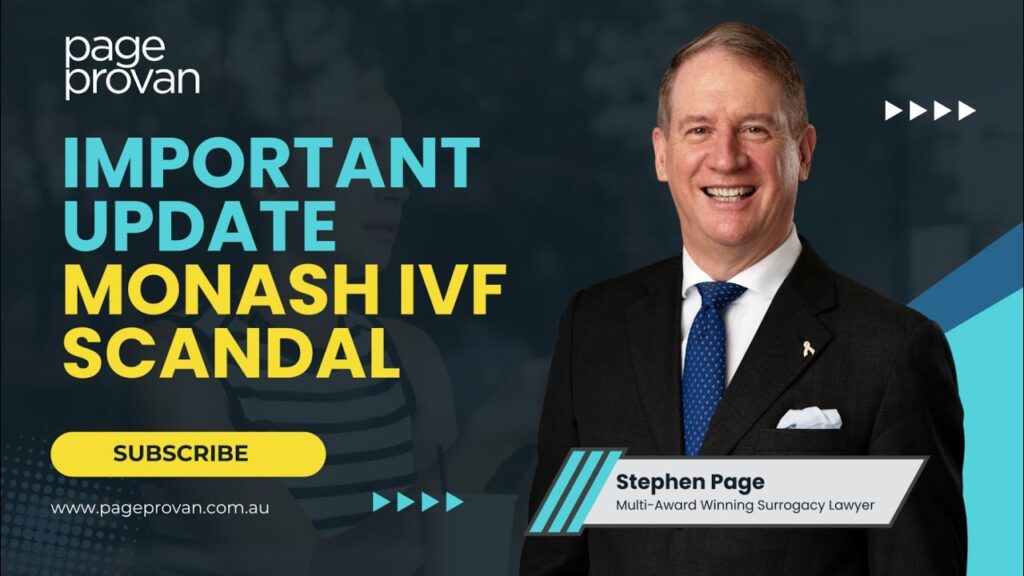Policing DV- Barriers and Good Practice
Police responses to domestic violence have been examined by a number of ombudsmans’ offices across Australia, (WA Ombudsman 2003, Qld Crime and Misconduct Commission 2005, NSW Ombudsman 2006), with many findings consistent across the reports. The NSW report found that areas where domestic violence was rife were also those least equipped to deal with it. Police felt that policing domestic violence was a complex and frustrating task due to its violent nature and the cumbersome court processes associated with applying for an ADVO. Applications were often denied, in part due to complaints being withdrawn. The following barriers to effective policing were found:
inconsistent procedures within the courts and police standard operating procedures (SOPs)
lack of training for field officers and the command hierarchy including police prosecutors
continued low status of Domestic Violence Liaison Officers (DVLO)
inadequate services for Indigenous women.
The report advocated a consistent framework with minimum standards that can be adapted to the needs of each area command, and updated SOPs for domestic violence. Other recommendations included:
outfitting police with equipment appropriate for collecting evidence in these cases
encouraging partnerships with appropriate stakeholders and promoting information exchange
developing risk assessment models, including collaborative models with partner agencies
effective monitoring of training
increasing the number and status of DVLOs and the number of female Aboriginal Community Liaison Officers
streamlining the ADVO application process, which should happen as a result of the NSW Crimes Amendment (Apprehended Violence) Act 2006.
The NT Police Violent Crime Reduction Strategy (VCRS), a winner of a 2006 Australian Crime and Violence Prevention Award, incorporates many of the key areas mentioned in the NSW report and illustrates the success of implementing such changes. VCRS has been successful in increasing the number of trained staff dealing with domestic violence from five to 24, establishing partnerships with appropriate services, and marketing the strategies to the NT community. Police responses to domestic violence are assessed quarterly. In one year, there has been a substantial increase in reporting domestic violence and numbers of ADVOs issued, but also a noticeable increase in breaches of these ADVOs (AIC 2006).
Link to AIC article












